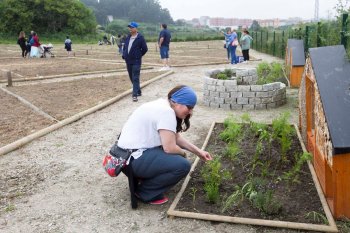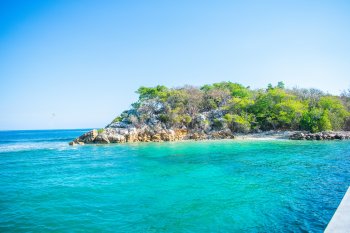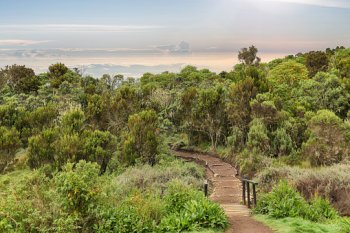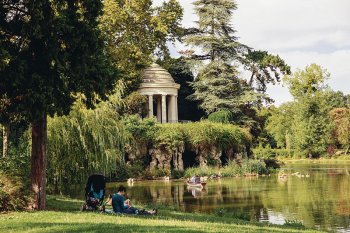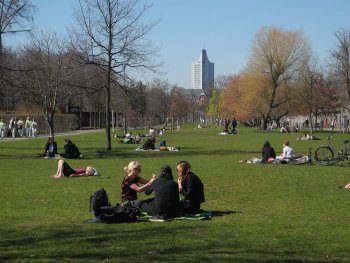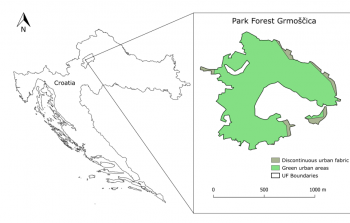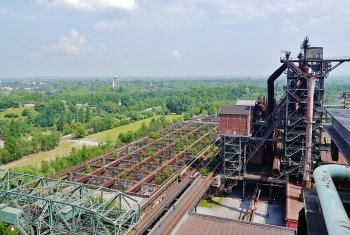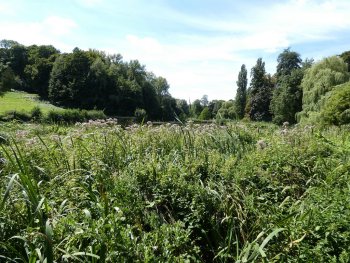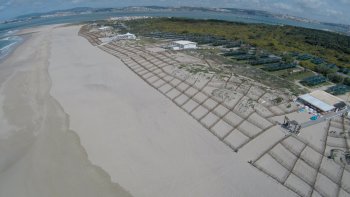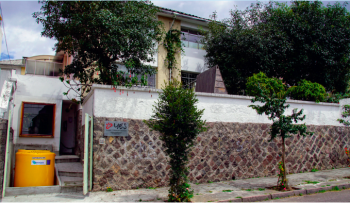A CORUÑA: AN URBAN GARDENS GREEN NETWORK
A Coruña is a seaside city located in the Ártabro Gulf, north-west of Spain, with a population of 244,000 inhabitants, stunning landscapes and built on over two thousand years of architectural heritage. A Coruña has a diverse economy, mainly based on the service sector, ranging from tourism to port activities, and together with its metropolitan area it houses the headquarters of several major multi-nationals. It is a densely populated and compact city, with a territory of under 40 km2, and with a scarcity of green areas.
The nature-based solution that the city has been working with...

